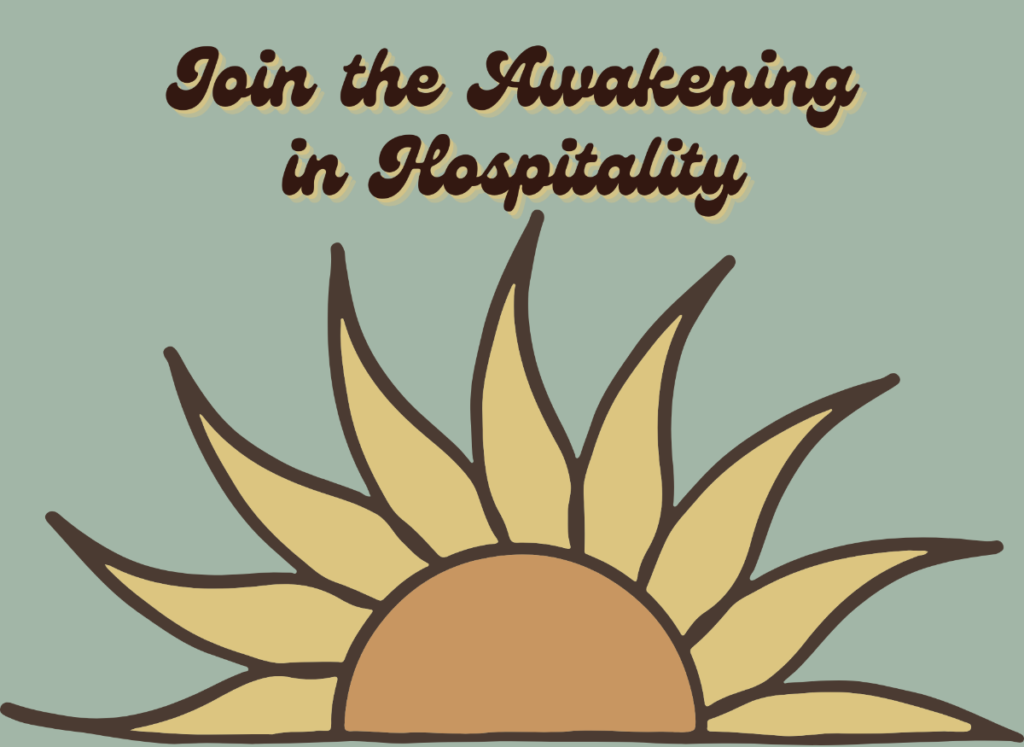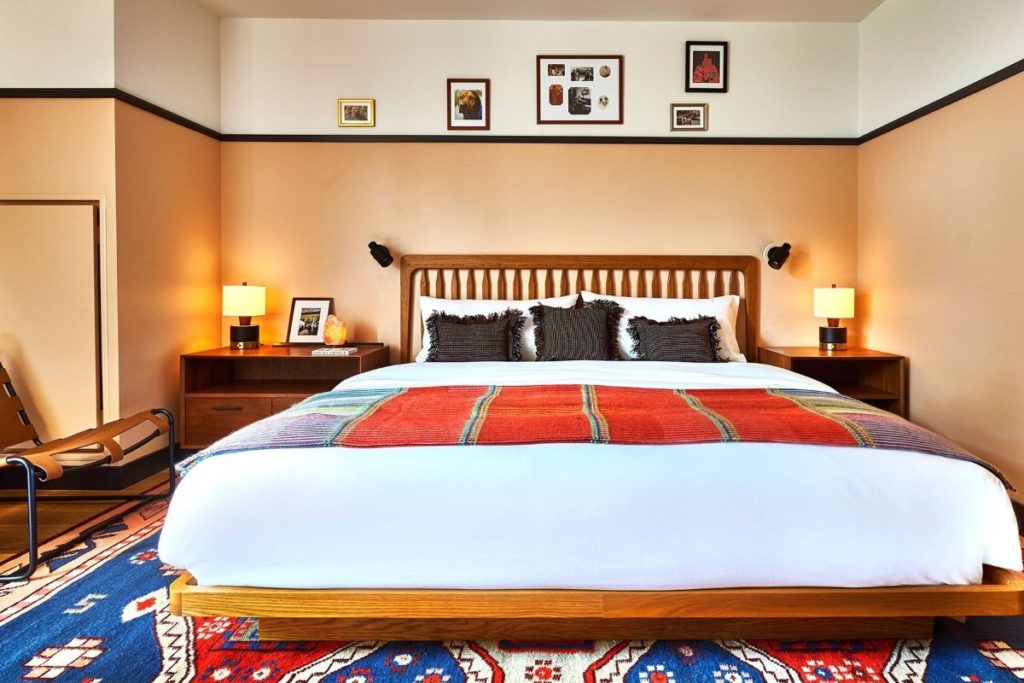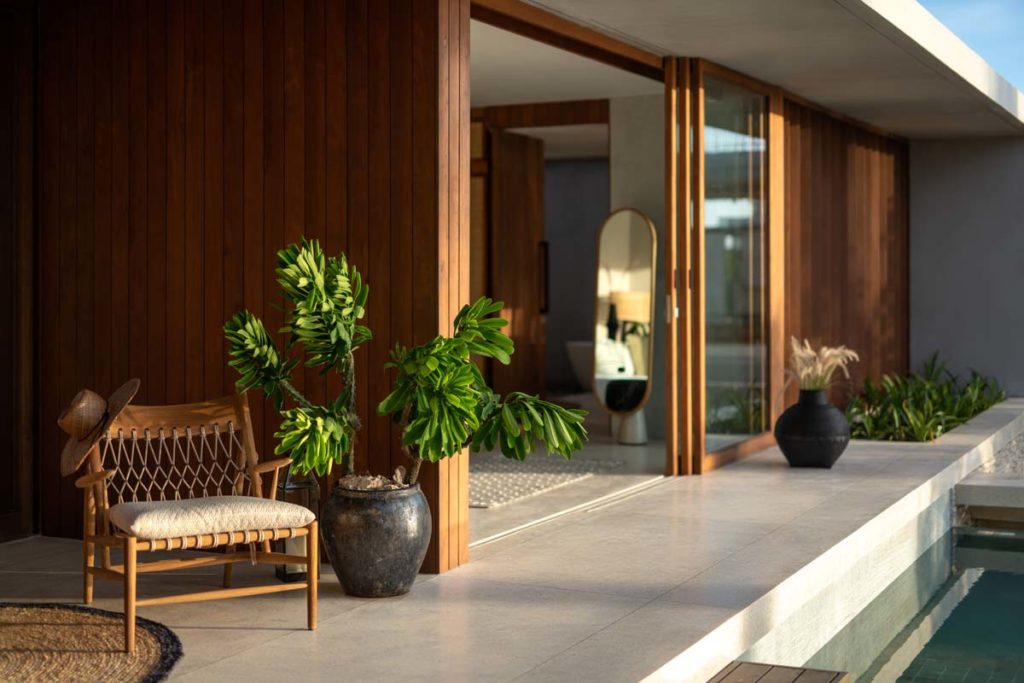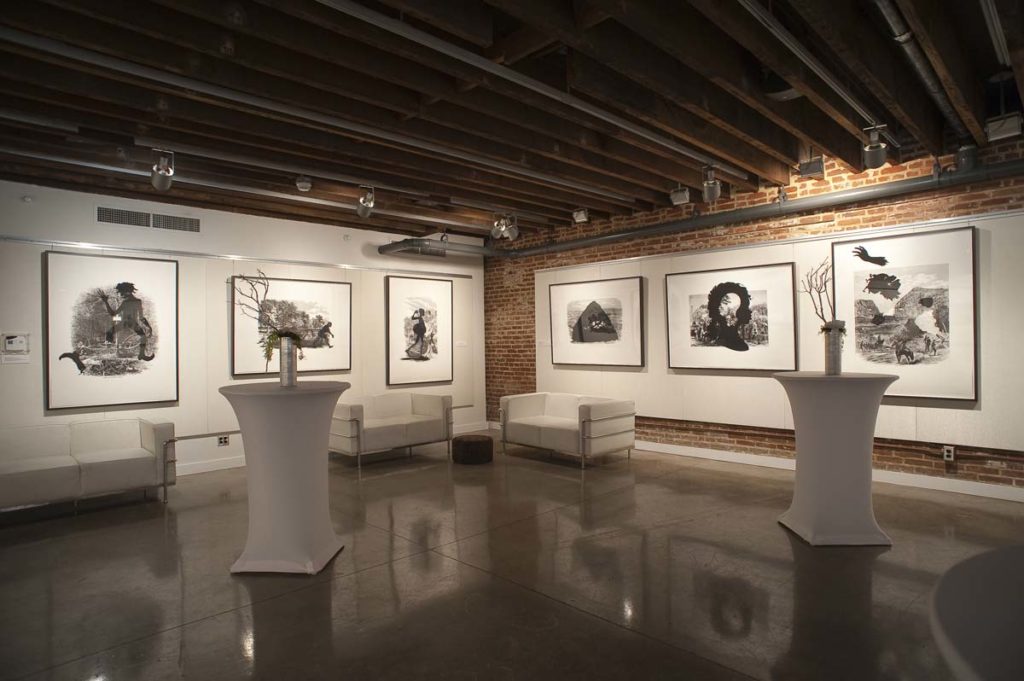Sincerely, BLLA
How Intentional Design Caters to a New Generation of Needs
Part 5 in a series of 8 overviews Modern lifestyle is inarguably dramatically changing, as it naturally does over time, but now it is vastly due...
Sincerely, BLLA
Part 5 in a series of 8 overviews Modern lifestyle is inarguably dramatically changing, as it naturally does over time, but now it is vastly due...
Modern lifestyle is inarguably dramatically changing, as it naturally does over time, but now it is vastly due to the 2019 global pandemic that kept most of the population at home. From work environment, socializing, education, and travel, the way the population is learning to interact with the world has significantly shifted, and companies big and small are all learning how to navigate the post-pandemic world. This year’s Boutique Lifestyle Leadership Conference, held virtually, addressed how the unfortunate events stunted the growth of the industry while speakers also looked towards an optimistic future, facilitating conversations on how the tourism community will adapt to new policies and the ways in which the industry is drastically changing.
During the global pandemic, individuals using public spaces look vastly different as regulations, mask mandates, and hygienic practices are constantly shifting to prevent the spread of Covid 19. On the contrary, it is evident that the desire for community and intrapersonal connections is also prevalent, as the circumstances of quarantine have driven the desire to reconnect. Within the broad diversity of topics discussed, the dichotomy of values would seemingly create a challenge for the tourist space. However, the speakers of this year’s event gracefully tackled the paradox, proving boutique hotels are at the forefront by quickly and seamlessly adapting to these modern challenges.
Let’s evaluate how hoteliers addressed this dichotomy and are leading examples of how the travel industry is creating community-oriented environments in order to utilize pre-existing spaces as well as curate new environments for global travelers to meet and collaborate. This year’s theme, appropriately named “the awakening,” symbolized a new chapter of creative ideas, powerful design, and insightful world re-building taking place in tourist operations across the world.

“How to Turn Your Hotel into a Membership Club,” tackled pillars of success for how to design a hotel experience that provides a sense of belonging to consumers. Julia Davis, the founder of Maslin Advisors, and Boren Novakovic, the CEO of PeopleVine, discussed community engagement and the newer generations’ “shift to experience [based consumerism] and a sense of belonging,” as Novakovic went on to add,
“There are various models being adopted around the hospitality industry and I think the most important thing to highlight is that they’re really done for a few reasons; one is to enhance the experience and the other is to create a new and innovative business model to drive revenue at a higher rate.”
Through this conversation, it is argued that by shifting the consumer strategy to offer a membership model, the hotel transforms into a club of like-minded individuals, offering guests a way to experience travel in a refreshing way. Rather than just a place to rest at night, the hotel becomes a place to gather, create, and feel a sense of connection to a larger community. Hotels are often seen as places of privacy and intimacy, but as travel reopens, this team anticipates a greater need for collaborative spaces and shifting mindsets.
While Novakovic and Davis concentrated their time in the fiscal value, strategies, and revenue of adopting these collective models, their approach caters to creating communities from within. By reframing the model in which guests interact with others in the hotel, they are seeking to gather individuals and build a sense of belonging within the walls of a hotel.
Alternatively, some designers are using a different strategy; they’re building their properties in pre-existing spaces full of life and culture. They discussed how to allow guests to become a member and contribute to historic and established communal spaces. While there are many ways to embrace and nourish local communities, using cultural pillars such as art, food, music, nature, and active participation in the creation of localized spaces is a common theme amongst hotel owners and designers. Ariela Kiradjian, BLLA’s COO and half of the infamous mother-daughter duo, believes art is, “this common connection between the hoteliers and the guests, I feel like they all have a passion for the art in so many different ways, whatever it is; music or painting or dance but there’s this common love of art.” In the boutique industry, it is clear art is an element of creating collaborative spaces that foster the growth of a community.
A “community global purpose-driven company and creative lab at the intersection of culture, media, hospitality, wellness, and progressive social change,” Katherine Lo founded Eaton Workshop in 2014. Featured in “The Art of Boutique Hospitality,” Ariela Kiradijan and Katherine Lo discuss the moral and practical approaches to building hotels that are full of life and appreciate the cultural value of travel. While Lo’s discussion also focused on creating travel-centered and diverse communities, her perspective offers an activist mindset enabling the boutique hotel industry to value integrity when curating localized environments. “Our goal is to use the hotel platform as a vehicle for social change, as well as for nurturing the art and creativity,” Lo explains,
“For each of our properties, we really connect to the local community, history, and heritage of the area in which it’s built.”
When putting together a team of individuals at a new hotel site, Lo brings on local workers to be the director of culture, music, and radio, a director of wellness and of impact. She builds relationships with these individuals and with the population by inviting members of the community to represent the city’s needs. This way, Lo is able to understand the space her properties hold on a deeper level in conjunction with the community she is serving thereby elevating the experience for those visiting as well as allowing for the community to be invested in the hotel.

Eaton embodies incorporating art into the hotel space, as both of the locations are home to a radio show that features local musicians, and the bar doubles as a venue space where concerts and events can bring guests into the world of the community.
Other hoteliers are taking similar approaches as they expand locations and redesign the boutique industry. Evguenia Ivara is working on creating Cap Karoso, a resort on an island about an hour flight from Bali. This property seeks to preserve the culture and history of the local community in Sumba through designs incorporating art, food, plant medicine, and traditions. The local tribes on Sumba have a rich and affluent culture that inspired Ivara to create a place for those who share her love for travel and adventure and also who are “conscious of the locality of the places they visit and respectful of the community and the environment,” and at the same, “can appreciate some of the finer things in life like; astronomy, music, art because we can be conscious and also somewhat hedonist[ic].”
This extraordinary balance between celebrating a local culture and enjoying the luxury of travel is a beautiful and rich way to satiate curious travelers, and cultivate the joy and wonder of globalization, while remaining ethically authentic. “All the spaces that we built, were built to create a dialogue between our guests and Sumba’s community,” she added, “it’s all made in a way [referring to the design of dining experience] that you talk to your neighbor to share your feelings, emotions and to share your experiences around the island.”

Instead of curating spaces of privacy, these examples invite guests to be actively participating in their travel experiences and using the elements of the locations to build authentic experiences for guests.
One of the boldest designs BLLA saw this year is from Steve Wilson and Sarah Robbins conversation about 21c Museum Hotels. 21c doesn’t only incorporate local artists into their design, but their hotel is an art exhibit highlighting the work from the community and curating a space for those living with, and visiting these destinations to embrace art. “I think it’s fundamental that we integrate art and life, […],” added Steven Matijcio, the curator of 21c. Throughout the discussion, the life, of the space was mentioned a few times and seemed to be heavily prioritized in creating the vision of 21c. The hotel’s art exhibit is open 24 hours a day, and they often have local schools take trips around or pedestrians stopping in to see new works on their daily commute. The hotel has held yoga classes, workshops, and ballets in their building and is constantly and creatively expanding the type of events they host.
An intriguing part of the conversation titled, “Awakening, The Experience,” evaluated artwork and the relationship to a tourist environment. Artists express modernity, and by constantly “refreshing the rooms,” as Steve Wilson put it, the visitors staying at the property can participate in the current conversations being held, following the lead of passionate artists. This also brings concepts from “How to Turn Your Hotel into a Membership Club,” as guests can continue coming back and interacting with new artwork each time. Transforming their hotel into a community art center has allowed them to both build a culture inside their structure while integrating the voices of local groups. With nine open locations, 21c redefines remaining relevant in the current age.

Other insightful examples seen at BLLA that are expanding the definition of the hotel experience are; The Chloe, founded by Róbert LeBlanc and Gold Diggers, owned by Dave Neupert. Gold Diggers is a petit boutique hotel, recording studio, music venue and bar focused on the music scene and “open to all travelers.”
Róbert LeBlanc curated The Chloe when he noticed how, “people were choosing to stay in [alternative lodging] because they wanted to get deeper into residential neighborhoods,” and added, “it felt like we could create a boutique hotel that could more deeply embed itself into historically significant and cultural neighborhoods.” The Chloe seeks to give visitors a sense of what it’s like to live in Uptown New Orleans, a place with rich culture that often goes unnoticed by those passing through. This conversation between inspired founders, titled “Center Stage: The Chloe,” shows how successful this model can be, and the potential to educate and include travelers in thrilling conversations. The two-day conference included many other fantastic speakers and bright ideas for including community-based models in boutique hotels; it seems that inviting guests to interact with the diversity of cultural elements they can encounter is a theme that will continue moving industry minds and imploring curious visitors.
Shaping Unique Experiences and Future Trends in Hospitality In an evolving travel landscape, boutique hotels have emerged as significant players, r...
We are thrilled to unveil the theme for the 2024 Boutique Hotel Owners Conference by BLLA: "The Mycelium Network." This year, we dived into the profo...